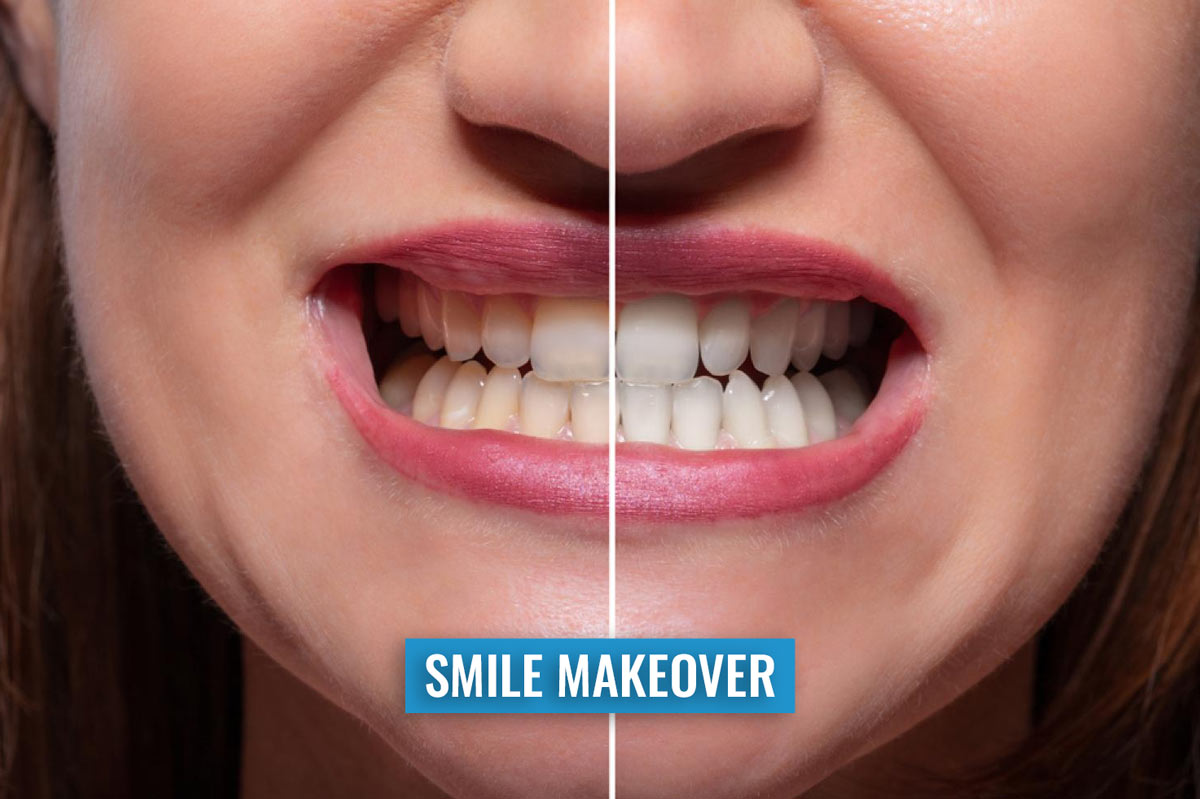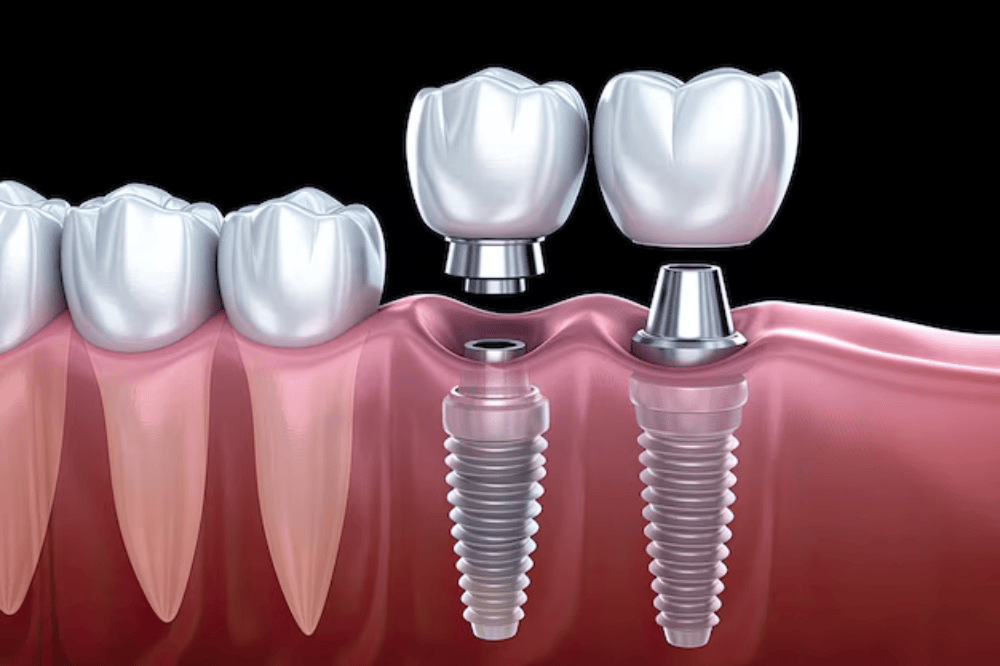
Dry Mouth (Xerostomia): Why You Should Be Treating It
Dry mouth—clinically known as xerostomia—is more than just a minor inconvenience. It’s a condition that affects many people and can significantly impact your oral health and comfort.
What Causes Dry Mouth?
The most common cause of dry mouth is medication side effects, but it can also result from:
- Sjogren’s Syndrome
- Radiation therapy
- Certain autoimmune conditions
You may have seen over-the-counter products in the dental aisle designed for dry mouth—these can help relieve symptoms, but long-term care often requires a more personalized approach.
Symptoms of Dry Mouth
If you have dry mouth, you may experience one or more of the following:
- Thick or sticky saliva
- Constant need to sip water
- Altered or diminished taste
- Burning or soreness in the mouth
- Difficulty swallowing dry foods
- Dry, chapped lips requiring frequent lip balm
These symptoms may be subtle at first but can worsen over time if not managed properly.
Why Dry Mouth Shouldn’t Be Ignored
Dry mouth has been linked to several oral health issues, including:
- Increased risk of cavities, especially near the gumline
- Plaque buildup that can lead to gum disease
- Higher susceptibility to fungal infections like oral thrush
- Difficulty swallowing, particularly dry foods
- Irritation of the throat due to lack of moisture
Saliva plays a critical role in protecting your teeth and maintaining balance in your mouth. When production drops, so does your natural defense system.
How to Manage and Treat Dry Mouth
If you're dealing with dry mouth, here are several practical steps you can take:
- Sip water regularly throughout the day
- Chew sugar-free gum or suck on sugar-free candies to stimulate saliva
- Avoid alcohol, caffeine, and tobacco, which dry out the mouth further
- Use a humidifier at night to keep tissues moist
- Minimize consumption of sticky, sugary foods
- Maintain a strong daily oral hygiene routine
Over-the-counter dry mouth products—including mouthwashes, sprays, lozenges, and toothpaste—can provide additional relief. For advanced cases, a prescription-level fluoride toothpaste or fluoride varnish treatments during cleanings may be recommended.
If these approaches don’t provide enough relief, your medical or dental provider may prescribe saliva-stimulating medication.
Get Help at Plano Family Dental
If you suspect you may have dry mouth, speak with one of our experienced hygienists or Dr. Varun Joseph at Plano Family Dental. We’ll evaluate your symptoms and create a customized plan to protect your smile and keep your mouth comfortable.
To get started, schedule an appointment online or call our office at (972) 867-5090. We're here to help you stay hydrated, healthy, and cavity-free.
Related Posts

Smile Makeover Option for Busy, Working Adults

Dental Implant Lifespan: What Affects Their Durability?

Dental Cleaning Frequency: How Often Should You Visit the Dentist?
%202.13.24%E2%80%AFp.m.-min.avif)
Award-Winning Dentistry for You
Serving for over 40+ Years
Experience relationship-based care.
.png)


